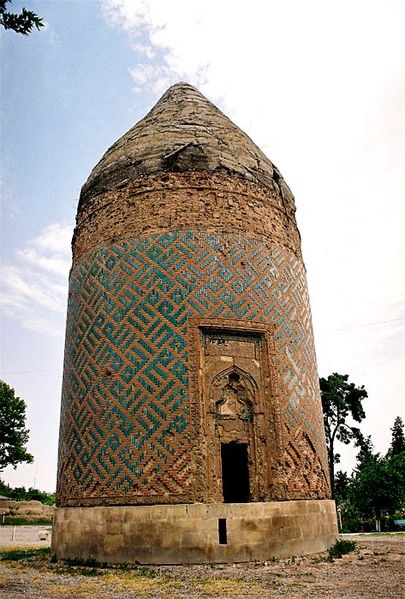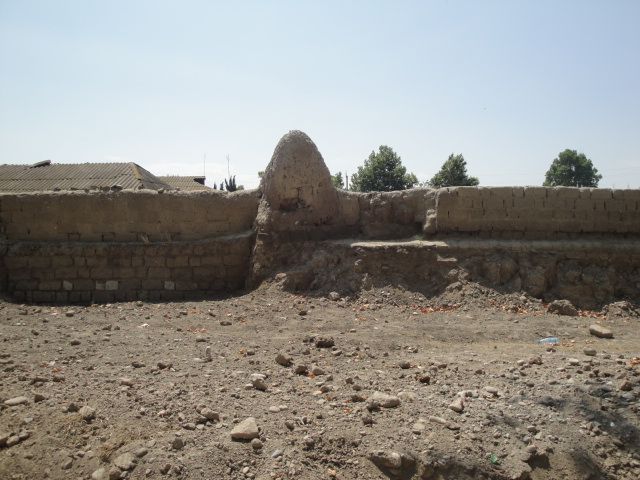Archaeological update from Prof. Robert Hoyland
The Arab Islamic conquest of the seventh century changed the face of the Middle East, but its causes and consequences are not well understood. The processes that it unleashed, Arabization and Islamization, proceeded at different speeds in different places, and in some cases failed to catch on at all. For example, Arabs failed to oust Persians from Iran, and Christianity remained the dominant religion of the western Caucasian kingdoms of Armenia and Georgia. This was also the case in the eastern Caucasus, in the kingdom of Arran (often called Caucasian Albania), which enjoys much less attention than its western counterparts because it did not survive into the modern era. I shall be embarking upon the excavation of its capital, Partavi (modern Barda), this summer. We shall be concentrating our attention on the area of the early fourteenth-century mausoleum tower that still survives, in the vicinity of which is some open land and walling where some indication of Sassanian-period remains have been discovered. According to literary sources, Partavi was a major city in the Roman period. We are hopeful that we should be able to find some trace of it and shed some light on this long hidden capital and the people that dwelt there.

Full image of the Early Fourteenth-century Mausoleum Tower

The archaeological site surrounding the Mausoleum Tower